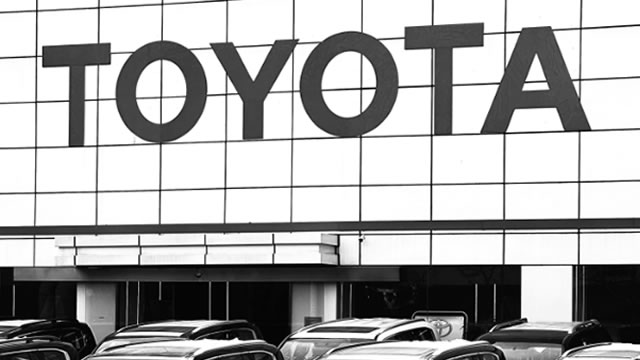American Battery Technology Company: Doubling Down on Lithium-ion Battery Recycling
Reno, NV – American Battery Technology Company (ABTC), a pioneering critical battery materials company, has announced impressive growth in its lithium-ion battery recycling operations. In the quarter ending March 31, 2025, ABTC reported a noteworthy increase in the production of recycled battery materials, marking a significant milestone.
ABTC’s Commercial-Scale Lithium-ion Battery Recycling Facility
Located in Reno, Nevada, ABTC’s commercial-scale lithium-ion battery recycling facility is at the forefront of the company’s mission to reduce reliance on primary battery minerals and promote a circular economy. The facility is designed to process post-consumer lithium-ion batteries, extracting valuable metals such as lithium, cobalt, nickel, and manganese.
More Than Doubling Production
According to the company’s recent press release, ABTC has more than doubled the production of recycled battery materials in the most recent quarter when compared to the previous one. This remarkable achievement underscores the company’s commitment to expanding its recycling capabilities and increasing the supply of recycled materials for the battery industry.
Impact on Consumers
As the demand for electric vehicles (EVs) and renewable energy storage systems continues to grow, so does the need for a sustainable and reliable supply of critical battery materials. ABTC’s advancements in lithium-ion battery recycling can lead to lower costs and a reduced environmental footprint for consumers.
- Lower Prices: With an increased supply of recycled materials, the cost of producing batteries could decrease, making EVs and renewable energy storage systems more affordable for consumers.
- Reduced Environmental Impact: Recycling batteries instead of disposing of them in landfills helps reduce the environmental impact of battery production.
Impact on the World
The battery recycling industry’s growth is crucial for the global transition to a more sustainable and circular economy. ABTC’s achievements in this area can contribute to:
- Reduced Dependence on Primary Materials: Recycling battery materials reduces the need for mining primary resources, which can help conserve natural habitats and reduce the carbon footprint of battery production.
- Circular Economy: The recycling of lithium-ion batteries promotes a circular economy, allowing for the reuse of valuable materials and reducing waste.
Conclusion
American Battery Technology Company’s impressive growth in lithium-ion battery recycling is a significant step forward for the industry and the environment. As the demand for sustainable and affordable battery solutions continues to rise, advancements in recycling technology will play an essential role in meeting that demand while minimizing the environmental impact of battery production. With more than double the production of recycled battery materials in the most recent quarter, ABTC is leading the charge towards a circular economy for critical battery materials.
By focusing on recycling post-consumer lithium-ion batteries and extracting valuable metals, ABTC is not only reducing the need for primary battery minerals but also promoting a more sustainable and cost-effective solution for the battery industry. As a result, consumers can expect more affordable electric vehicles and renewable energy storage systems with a reduced environmental impact. The world, on the other hand, stands to benefit from a more circular economy and a reduced dependence on primary materials, making ABTC’s achievements a win-win situation for all.





